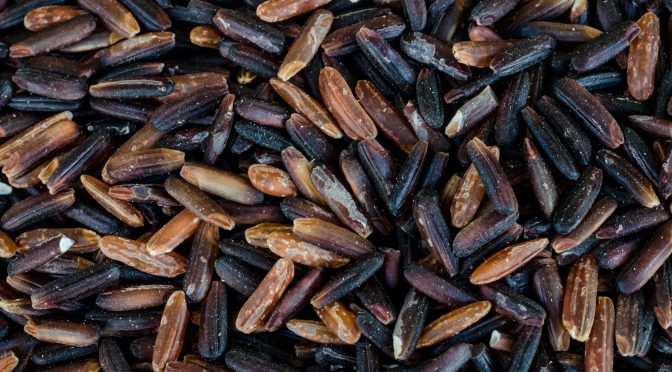A weekly round up of articles about employment, the labor market, skills training and workforce development. This week’s round up is drawn from The Daily Star. Here is the news for the week ending 21st July 2016.
This week in the Bangladesh English Press…
…a new variety of rice gives farmers a competitive edge in the export market . We see the benefits and risks for Bangladesh workers in the Middle East. And schools are not preparing young people for jobs.
Bangladesh rice farmers compete for export market
A new variety of fragrant rice has twice the yield of traditional aromatic rice varieties grown in Bangladesh.
Scientists at the Bangabandhu Sheikh Mujibur Rahman Agricultural University developed the hybrid variety after six years of research.
Every year Bangladesh exports about $10 million of aromatic rice. With a more competitive product the country’s share of the global market could increase.
A private sector agribusiness has agreed with the Agricultural University to develop seeds for the new rice variety.
Migrant work: the concerns
Human Rights Watch released a report this month on the exploitation of female migrant workers in Oman. “I was sold” is based on interviews with 59 female domestic workers in May 2015.
According to the report 21,693 of Oman’s 142,000 female workers come from Bangladesh. Most of Oman’s female migrants are domestic workers caring for children, cleaning homes, and cooking meals.
Examples of abuse included very long work hours and not paying workers’ full salaries. Some workers were physically abused.
The report was also said that Oman’s laws do no protect workers and even facilitate exploitation. Recruitment agencies are also complicit.
The Daily Star reports briefly on the Human Rights Watch report.
But some Gulf states are improving conditions for their migrant workers.
Kuwait has introduced labour reforms to benefit migrant workers. These include setting minimum wage levels and allowing foreign workers to change employers.
Migrant work: the benefits
Bangladeshis working in Saudia Arabia remitted around $3 billion in the last financial year (to 30th June 2016). This is similar to amount sent back from workers in the United Arab Emirates.
The USA and Malaysia are the next highest sources of remittance.
The total from the eight Middle East countries is nearly $8 billion including $800 million from Oman.
But the remittances of migrant workers are a very significant part of Bangladesh’s economy.
There could be around 10 million Bangladeshis in long-term work in 150 countries says The Daily Star.
Communication and leadership skills key for job seekers
According to readers of the Asian Development Bank’s blog, communication, leadership, technical and ICT skills make up the four key areas that youth need to compete in the labour market.
Young people with the right skills are critical for the region to reach its economic potential blogs the development bank.
A World Economic Forum report says the mismatch between skills obtained in education and those required for employment is growing.
The skills mismatch was the subject of a roundtable at The Daily Star Centre.
Industry leaders focused on the apparent difficulties employers face in finding skilled recruits. They found this ironic when there are so many people looking for jobs.
Experts talked about changing education curricula and producing better teachers. But others felt that education systems will always struggle to keep up with rapidly changing employment requirements.
And that’s all the news from The Daily Star for this week.
